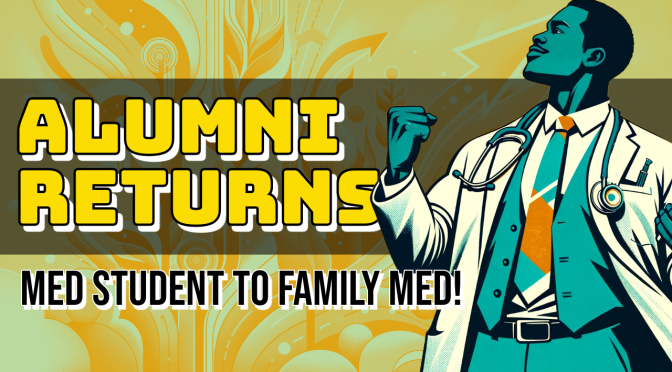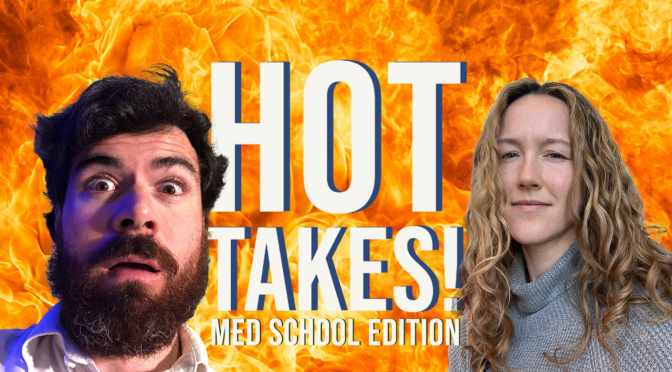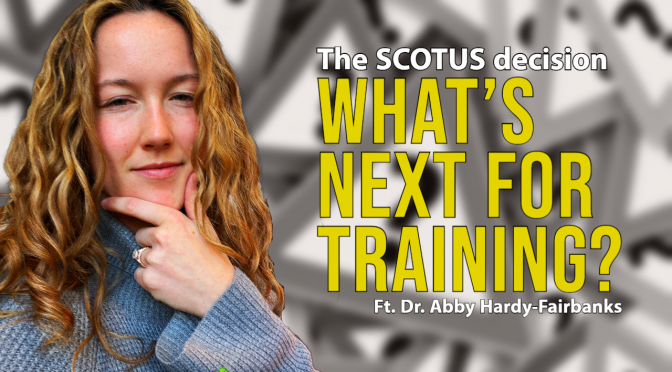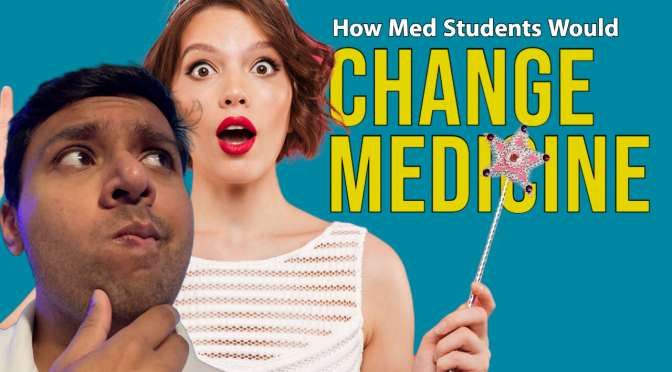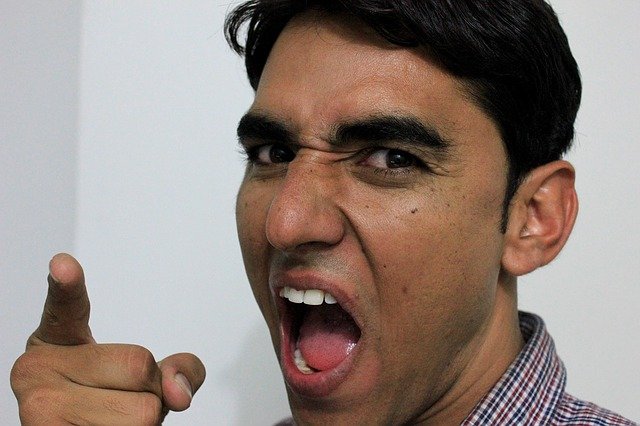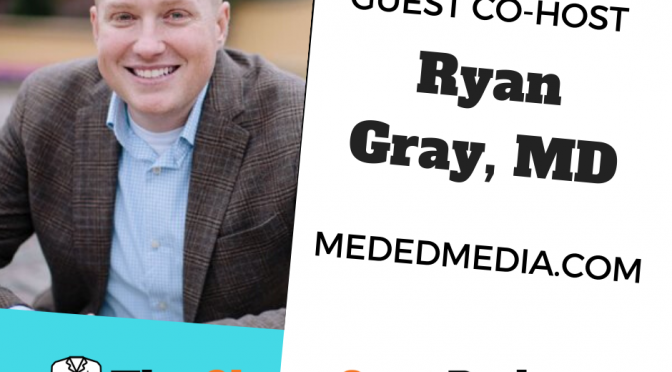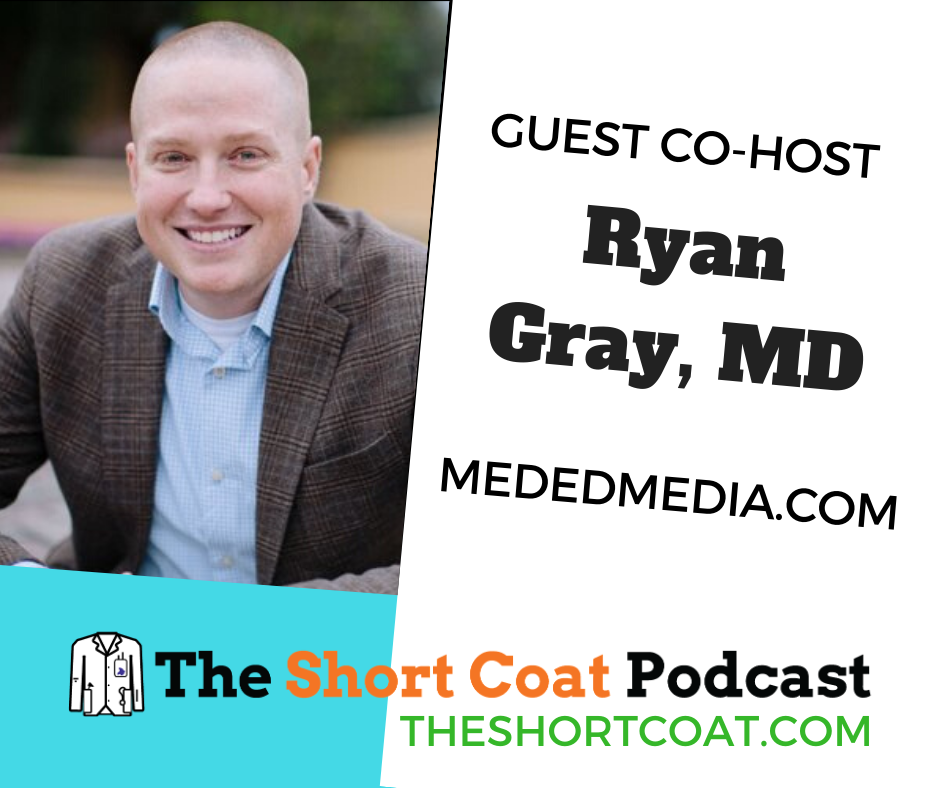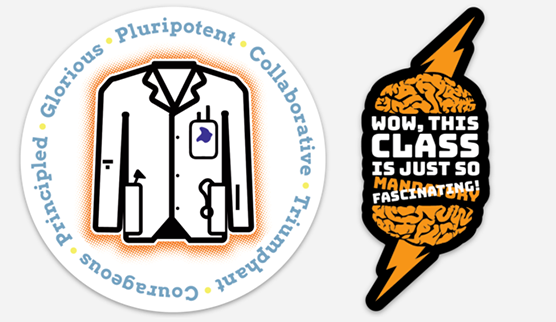Podcast: Play in new window | Download (Duration: 53:15 — 48.8MB)
Subscribe: Spotify | RSS | More
The Sheriff of Sodium investigates the current state and future of medical training
[We’re taking a vacation for a couple weeks, so while we rest and recharge enjoy this rerun!]
- If you’ve wondered how well the system that trains future doctors works, or about what factors really determine which medical students get into the most competitive residency programs, this episode is for you.
- M1 Fallon Jung, M2 Jeff Goddard, and M4 AJ Chowdhury get deep into these issues with a very special guest – Dr. Brian Carmody, known on his blog and YouTube channel as “The Sheriff of Sodium.”
- Dr. Carmody, a pediatric nephrologist by training, closely analyzes and shares data-driven perspectives on medical education, pulling on threads to understand whether the current medical training system is truly functional, fair, and efficient, examining factors like student debt burdens, physician shortages projections, and the utility of metrics like Step 1 and Step 2 scores.
- Like any good sheriff, Dr. Carmody is skeptical, especially about ideas like future physician shortages, and how schools report residency match outcomes.
More about our guest:
- The Sheriff of Sodium: https://thesheriffofsodium.com/
- SoS YouTube: https://www.youtube.com/@sheriffofsodium1005
We Want to Hear From You: YOUR VOICE MATTERS!
We welcome your feedback, listener questions, and shower thoughts. Do you agree or disagree with something we said today? Did you hear something really helpful? Can we answer a question for you? Are we delivering a podcast you want to keep listening to? Leave a message at 347-SHORTCT (347-746-7828) and we’ll put your message in a future episode (use *67 to be an “Unknown caller”). Or email theshortcoats@gmail.com.
We want to know more about you: Take the Listener Survey
We do more things on…
Continue reading The Sheriff is Watching, Ft. Bryan Carmody, MD (Recess Rehash)


